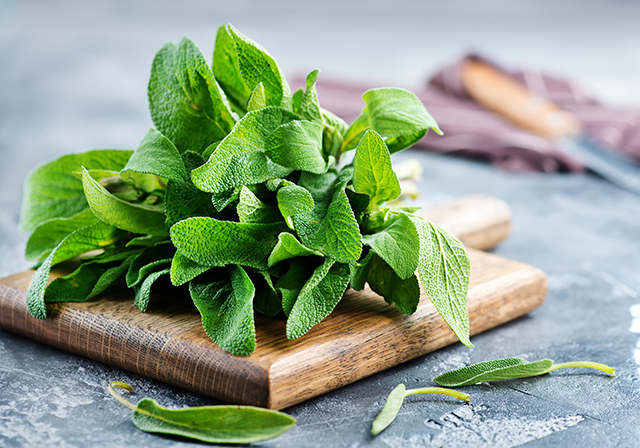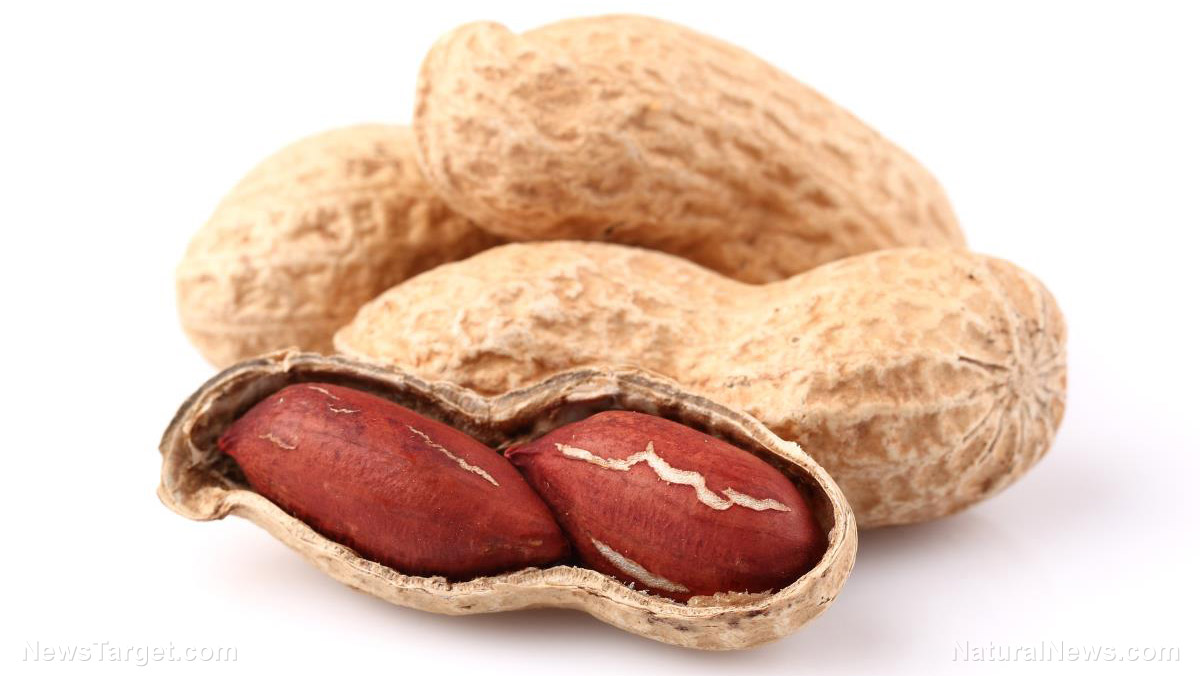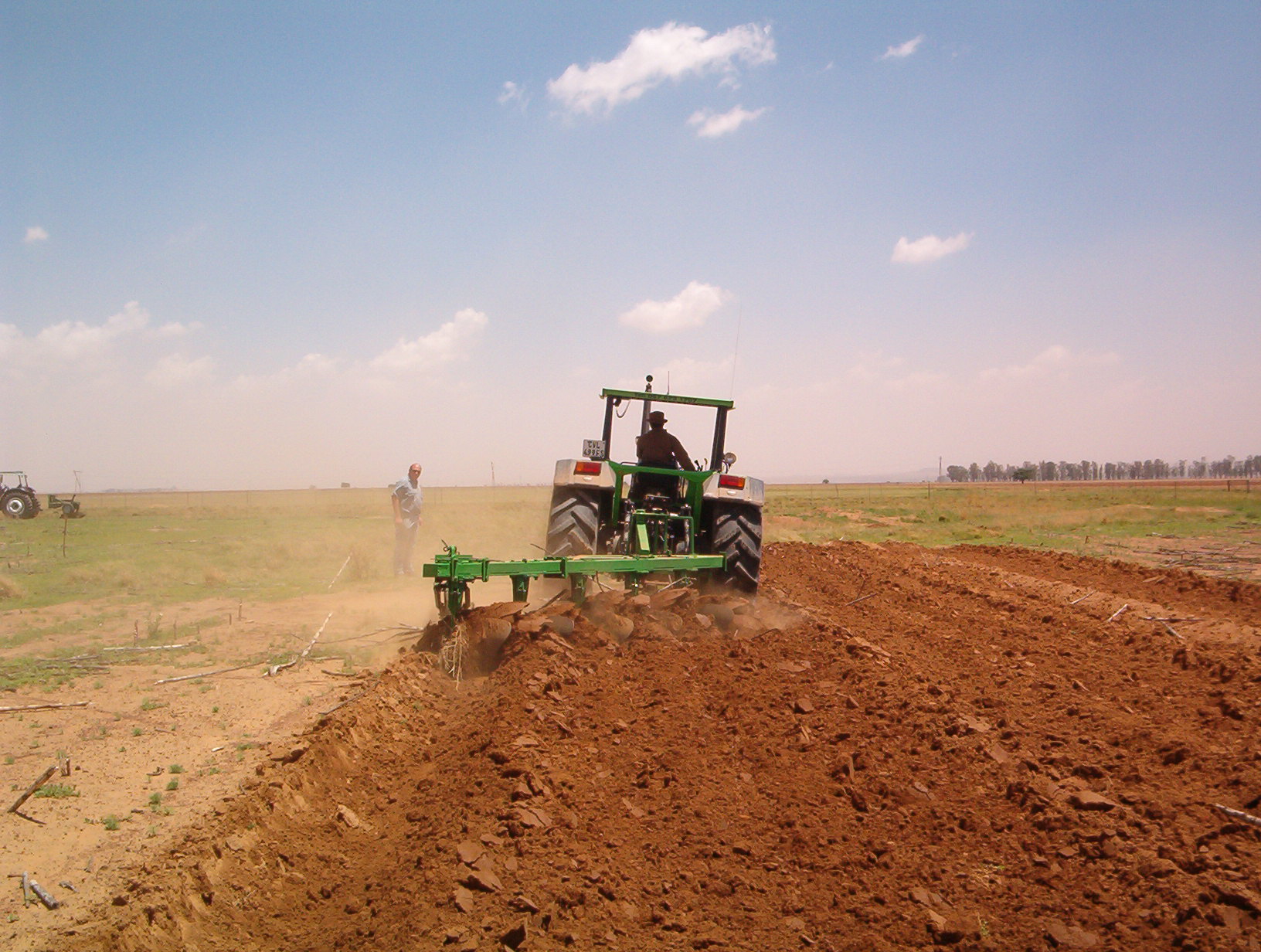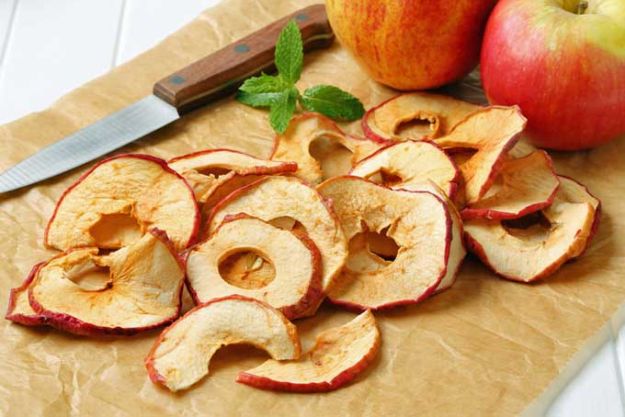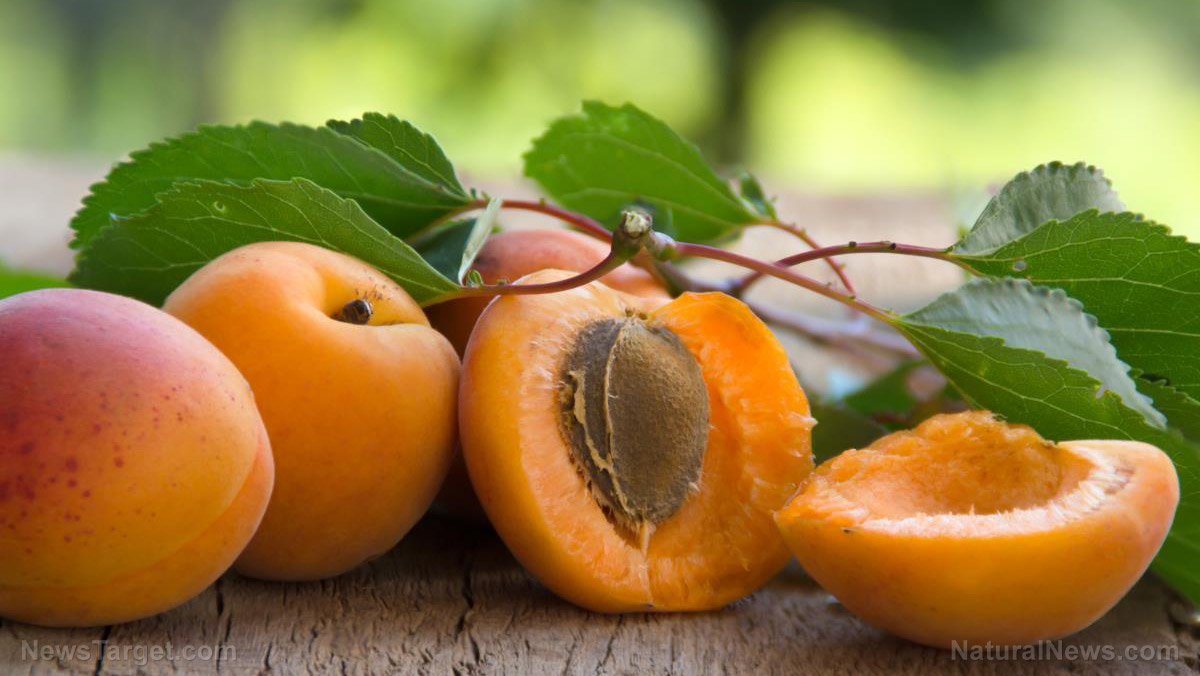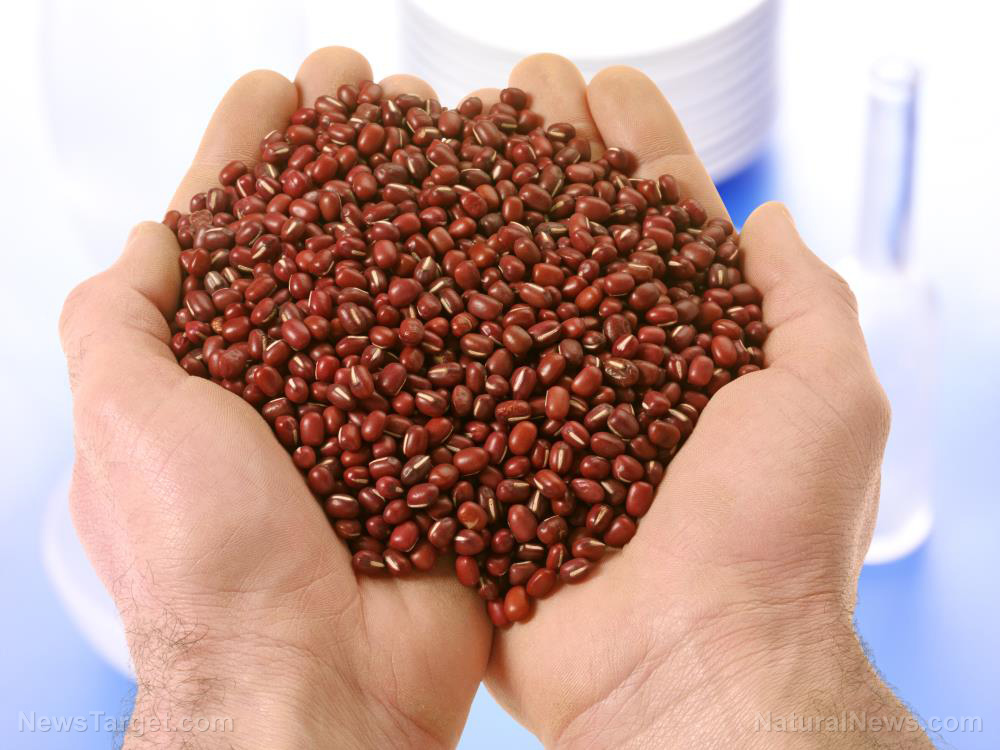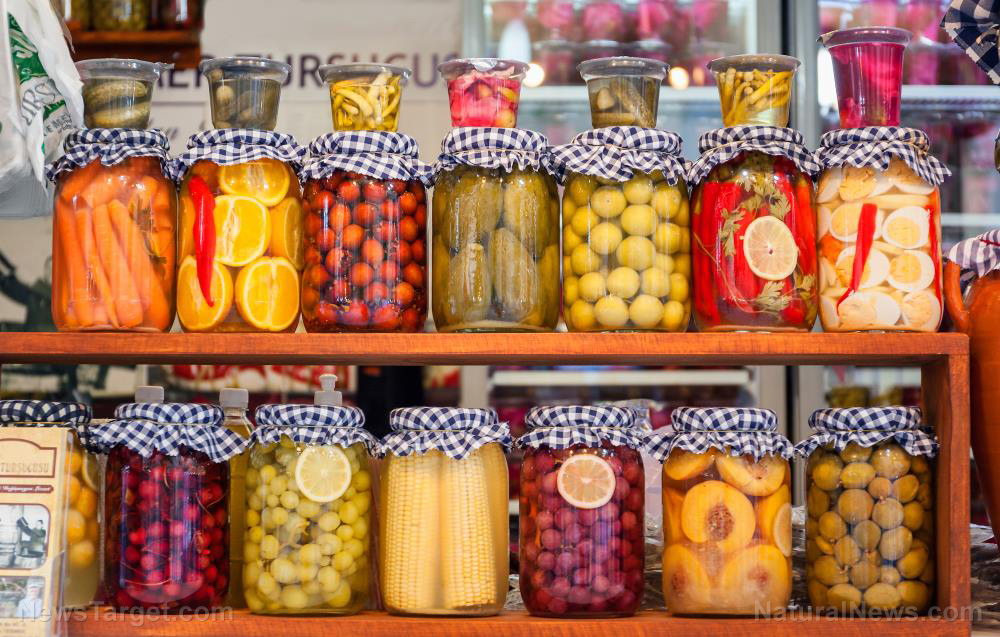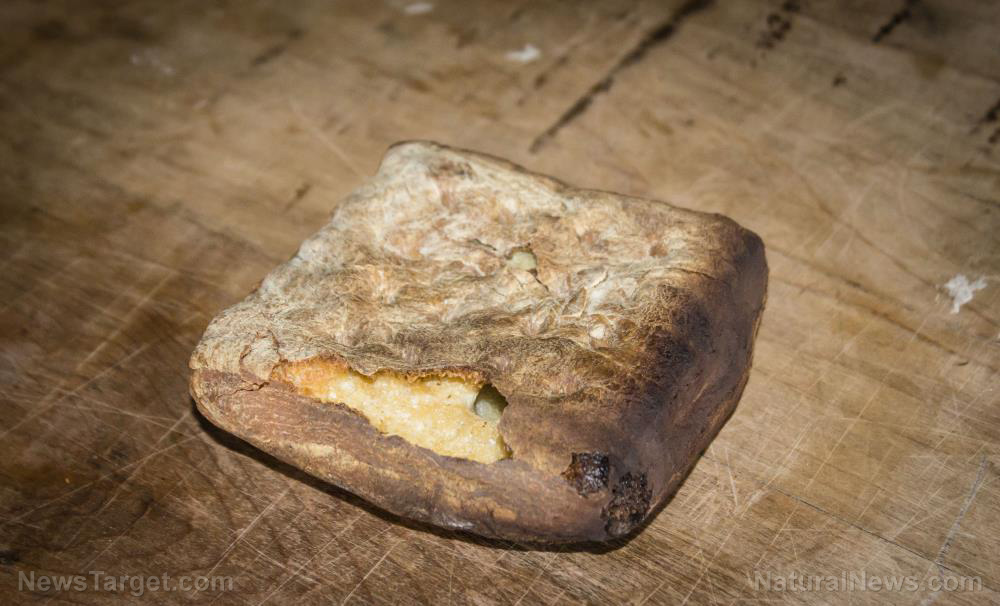What is the best way to extend the lifespan of bread?
10/17/2018 / By Edsel Cook
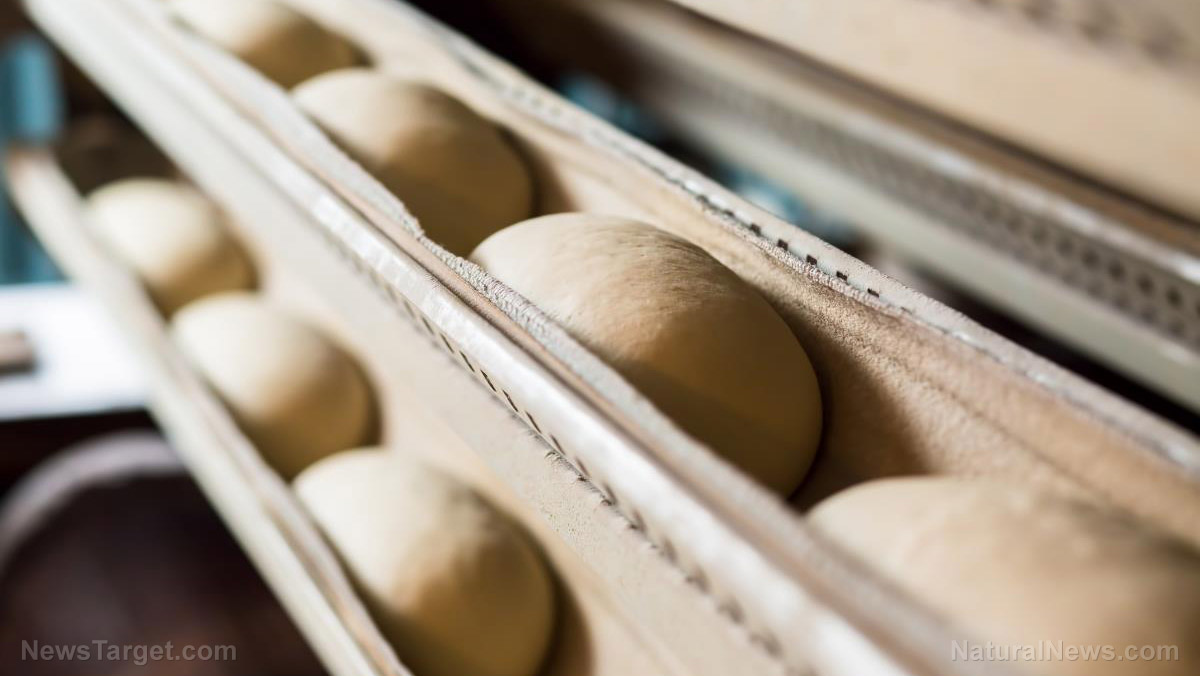
One of the most effective means of storing bread dough for later use is to freeze it. However, this method can negatively affect the properties of the dough. Mexican researchers determined the best way to freeze dough while preserving its properties for when it is defrosted and used to bake bread.
Freezing is one of the best ways to preserve foodstuff. However, it has disadvantages when applied to dough. The process decreases the fermenting ability of yeast and also reduces the strength and stability of the gluten network. These prevent the production and entrapment of carbon dioxide that causes bread to rise during the baking process.
By altering the functional properties of dough, freezing lowers the quality of the bread produced from the defrosted dough. This is especially evident when compared to loaves made from freshly prepared ingredients.
Researchers have been developing means of reducing the negative effects of freezing on foodstuff. One approach is trehalose, a sugar-based additive that serves as a cryoprotectant for food.
There is not much in the way of research about the application of trehalose on frozen dough. Researchers from the Universidad de Sonora (UdS) decided to test the additive’s protective effects on yeast and the gluten network. They also determined the effect of different freezing rates. (Related: Use pomegranate seed flour for healthier and tastier bread.)
Preserving dough with trehalose and different freezing rates
The researchers obtained wheat flour and other ingredients. Using a formula intended for French bread, they prepared bread dough with different amounts of cryoprotectant trehalose. They divided up this dough and pre-fermented each sample using yeast.
They froze the dough samples using one of two different freezing rates. The slow rate was 31.748 F per minute for four hours in a standard freezer, while the fast rate was 28.85 F per minute for 40 minutes.
Dough samples frozen using both rates were stored in a freezer for zero, 14, 28, or 42 days. Every 14 days, samples were thawed for analysis of their ability to produce carbon dioxide as part of the fermenting process, as well as their viscoelastic properties.
Finally, the frozen dough was thawed and used to make French bread. The fresh loaves were evaluated for their specific volume and texture.
If you want bread to last, freeze its dough slowly
The UdS researchers learned that the freezing rate, length of time spent in storage, and amount of trehalose present all affected the properties of the dough. Varying these factors altered the effects accordingly.
Dough treated with the slow freezing rate showed better production of carbon dioxide. It caused less damage to the gluten network.
In terms of trehalose treatment, the dough with the 400 ppm dose showed the best. As for duration, the longer the dough spent in the freezer, the less capable it was of producing CO2.
When it came to viscoelasticity, the best results were attained by the slow freezing rate and the shortest amount of time spent in the freezer. Long periods of cold storage reduced the viscoelastic properties.
Evaluation of the French bread revealed the influence of the freezing rate and the trehalose levels on its volume. The bread with the best specific volume came from the dough samples with a slow freezing rate and either dose of trehalose.
Meanwhile, the best firmness of the crumb was found in the bread made from dough treated with trehalose, as well as the untreated dough that spent the least amount of time in the freezer.
Based on their findings, the UdS researchers believed that the lifespan of bread could be maximized by adding 800 ppm of trehalose to dough during its preparation and treating it with a slow freezing rate. This dough can be stored for 42 days without affecting the quality of the bread.
Visit Food.news for more tips on preserving and enhancing bread dough.
Sources include:
Tagged Under: bread, dough, fermentation, food quality, food science, Food storage, freezing, freezing food, homesteading, trehalose



